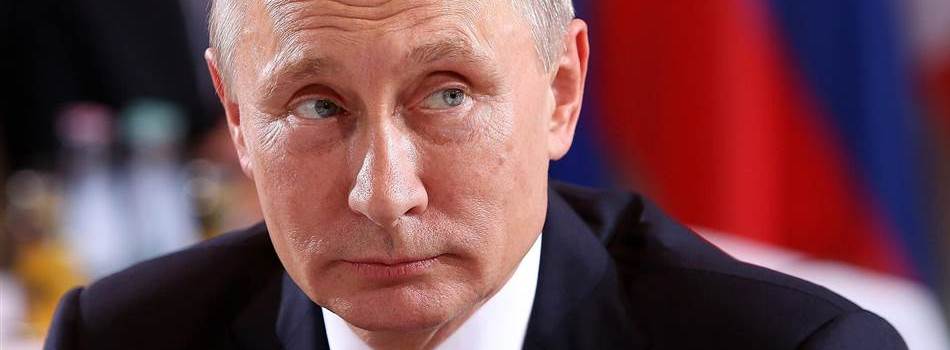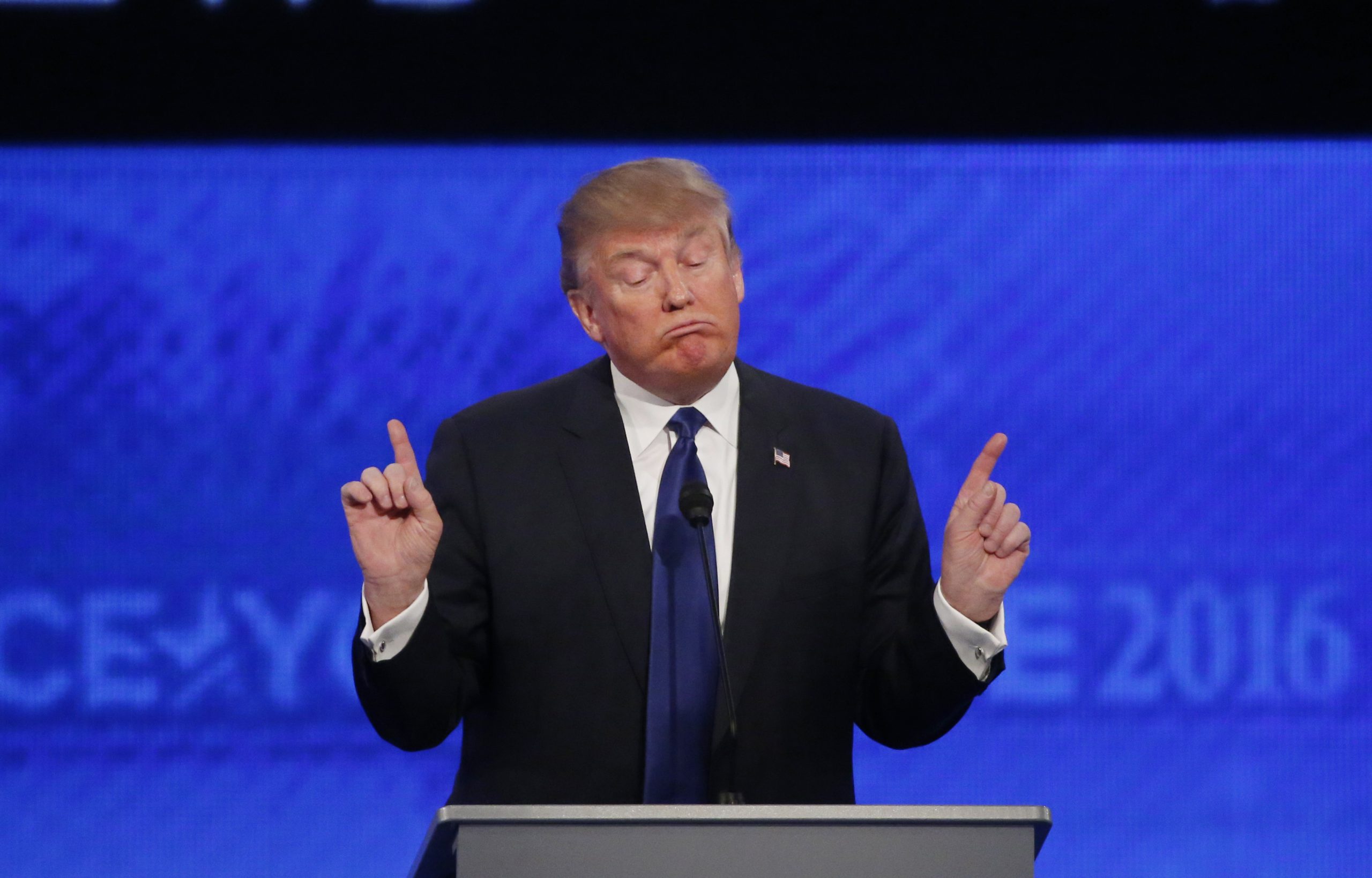France’s President Emmanuel Macron and his Russian counterpart Vladimir Putin on Monday vowed to improve the strained relations between their countries, while admitting to disagreements during talks at Versailles palace described by Macron as “extremely frank”.
Their first meeting since Macron took office provided another test of the Frenchman’s diplomatic skills after his memorable first encounter last week with US President Donald Trump that Macron sealed with a vice-like handshake.
This time the handshake was warmer but the tone guarded after an hour of talks on the 300th anniversary of a visit to Versailles by tsar Peter the Great.
Putin admitted to some differences of opinion in the talks which covered issues including the conflicts in Syria and Ukraine, but insisted that Franco-Russian ties withstood “all points of friction”.
“We disagree on a number of things but at least we discussed them,” Macron said.
“Our absolute priority is the fight against terrorism and the eradication of terrorist groups and Daesh in particular,” he said, using an alternate name for the Islamic State group that has claimed several deadly attacks in France.
– “Organs of propaganda” –
The newly elected French leader called for a stronger partnership with Russia on Syria, one of the sticking points in relations between the West and Moscow which backs the regime of President Bashar al-Assad.
Macron advocated “a democratic transition that preserves the Syrian state”, warning that “failed states” in the Middle East were a threat to the West.
But in an apparent warning to Assad and Russia, he said the use of chemical weapons in Syria would be a “red line” for his presidency and would draw an “immediate response” from France.
The pair discussed the Western sanctions imposed on Russia over its military involvement in Ukraine as well as allegations of Russian meddling in France’s election campaign.
Putin declared that the sanctions were “in no way” helping to end the fighting between government forces and Kremlin-backed rebels in Ukraine’s east.
The Russian strongman, who hosted Macron’s far-right rival Marine Le Pen for talks during the election race, also shrugged off allegations that Russian hackers infiltrated Macron’s campaign.
“Maybe they were Russian hackers, maybe they were not,” he said, dismissing the claims as unsubstantiated.
Macron, for his part, expressed anger at reports by pro-Kremlin media during the election questioning his sexuality and links to high finance.
He took aim at the Russia Today broadcaster and Sputnik agency, calling them “organs of influence and propaganda”.
– ‘No concessions’ –
Putin’s visit comes after the 39-year-old French centrist made a successful debut on the world stage last week, holding his own against Trump at a NATO summit in Brussels and at a G7 summit in Italy.
Ahead of the visit, Macron told a French weekly that he was not “bothered” by leaders who “think in terms of power dynamics”.
He said he would make “not a single concession” to Russia on the long-running conflict in Ukraine, with he and his G7 counterparts saying they were prepared to strengthen sanctions against Moscow.
Since the start of the war in Ukraine in 2014, Russia has flexed its muscles with a series of war games involving tens of thousands of troops in areas bordering NATO Baltic states.
Macron said he, Putin and the leaders of Germany and Ukraine would meet soon for talks, “which will allow us to make a complete evaluation of the situation”.
– Modernising tsar –
Western powers charge Russia with failing to honour its commitments under the Minsk accords framework for ending the violence in Ukraine.
France helped spearhead the sanctions, which have seriously dented EU-Russia trade.
Putin moved quickly after the French election to try to smooth things over, congratulating Macron and urging him to work to overcome their countries’ “mutual distrust”.
Monday’s visit comes seven months after Putin cancelled a trip to Paris amid a row over Syria with Macron’s predecessor Francois Hollande, who had said Russia’s bombing of Aleppo could amount to war crimes.
In Versailles, he and Macron inaugurated an exhibition marking the visit of Russia’s modernising tsar Peter the Great to France in 1717.
The fervently pro-Europe Macron said his invitation to Putin aimed to showcase “a Russia which is open to Europe”.
Putin was also later to visit a new Orthodox cathedral complex in central Paris.
Mail Online




